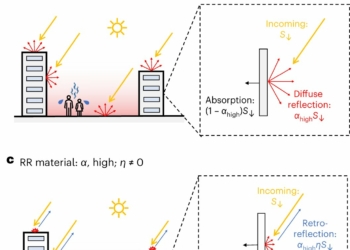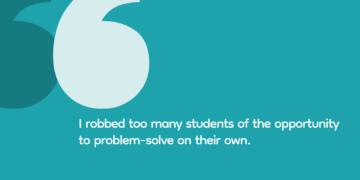One of the reasons most often given for the dominance of Big Tech companies is Metcalfe’s Law, which explains the value of networks. As originally written by the computer scientist Robert Metcalfe in the 1980s, the law states that the “systemic value of compatibly communicating devices grows as a square of their number.” In other words, if a network of 100 computers doubles in size, then the number of possible connections (and their assumed value) almost quadruples.
The formula is more of a mathematical observation than a hard-and-fast economic law. But it has been widely cited as justification for pouring billions of dollars into companies that benefit from such supposed network effects, including Google, Facebook, Uber, Airbnb, Tinder and Clubhouse. The trouble is that in many cases Metcalfe’s Law is self-evidently nonsense.
To take two obvious objections: no two networks are the same, and the value of individual connections varies. The law’s shortcomings have been expertly picked apart by Andrew Chen, a partner at the VC firm Andreessen Horowitz and author of a new book The Cold Start Problem. As a former head of rider growth at Uber and now an investor in several platform companies, Chen has seen how networks work in all their real-life messiness. They can be incredibly powerful but also surprisingly fragile. “Metcalfe’s Law tells you that networks become more and more valuable and they go up to infinity. But this is not what happens in practice,” he tells me.
In Chen’s view, it may be more useful to study the mathematics of animal populations, including meerkats, sardines, bees and penguins, to understand the life cycles of networks. His insights largely derive from the work of Warder Clyde Allee, a pioneering ecologist from the 1930s who devised the “Allee threshold” to explain the growth and contraction of social animal populations. For example, when mobs of meerkats are too small then they are easily picked off by predators because there are not enough lookouts to scan the skies for raptors. When they pass the “Allee threshold” they multiply and thrive. But when they grow too populous they eat too many bugs and fruits and deplete their surrounding environment. “Allee’s population curves describe a sort of ecological version of the network effect,” writes Chen.
Look at Uber, for example. Although it would appear to be one global network benefiting from vast economies of scale, it is more accurately understood as a network of networks. As Chen describes in his book, Uber’s war room in San Francisco focused on hyperlocal competition in each and every one of its locations, figuring out ways to outsmart rival taxi firms and exploit regulatory loopholes. But now that Uber has achieved critical mass in most of its markets and is nudging up prices to recoup its massive investments, it is in danger of overeating bugs and fruits. “They are focusing on efficiency and profitability. But if you are a city-by-city network you can be picked off by competitors,” says Chen, pointing to the threat from hungrier food delivery rivals, such as DoorDash and Gopuff.
This year, Uber has had to offer big driver incentives to preserve its services in some cities, such as London. The company’s networks may be further threatened by regulatory raptors, too. This week, the UK High Court ruled that it was illegal for a private hire vehicle operator to act as an agent between a driver and passenger. The EU is also drawing up new legislation to strengthen the employment rights of gig workers. These moves could put a big dent in Uber’s business model, which has only just turned a tiny profit (on an adjusted basis) after racking up staggering losses for more than a decade.
To be fair to Metcalfe, he was open about the limitations of his own law. On one occasion in 1997, he even ate his own words live onstage at a tech conference. After liquidising a column in which he had previously forecast the catastrophic collapse of the internet, he drank the resultant gloop to chants of “Eat, baby, eat!” In a later blog post, Metcalfe acknowledged that his law was mainly a “vision thing” applicable mostly to small networks approaching critical mass. He added that networks could sometimes go into reverse if they became too big, due to “diseconomies” of scale.
Such diseconomies can take several forms. First, they can result from market saturation. Once Tinder has signed up all the hot singles in New York City, it will find it hard to expand its local network further. Second, there is the challenge of congestion: when networks grow too big they risk becoming inefficient. Who among you is not drowning in unread emails? Bad actors can also hijack networks resulting in pollution. Facebook has already had to hire tens of thousands of moderators to remove toxic posts from its social network.
Metcalfe’s Law still provides useful insight into the enormous potential value of networks in an increasingly connected world. But it fails to reflect how difficult and costly it can be to sustain them, as Uber is discovering. Some of the mighty network companies that currently bestride our internet are beginning to face big diseconomies of scale. Just like mobs of meerkats, networks can be picked off by beady-eyed predators if too weak or suffer from overpopulation if too successful.
john.thornhill@ft.com















